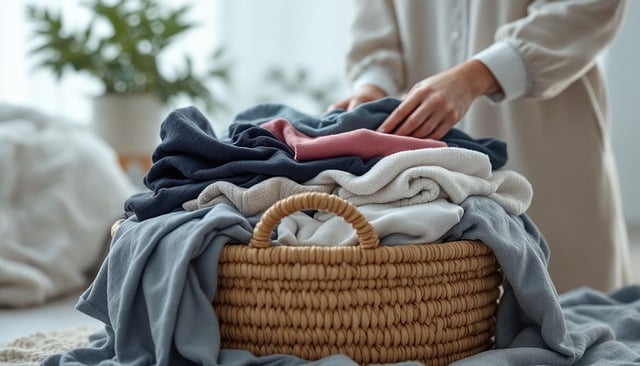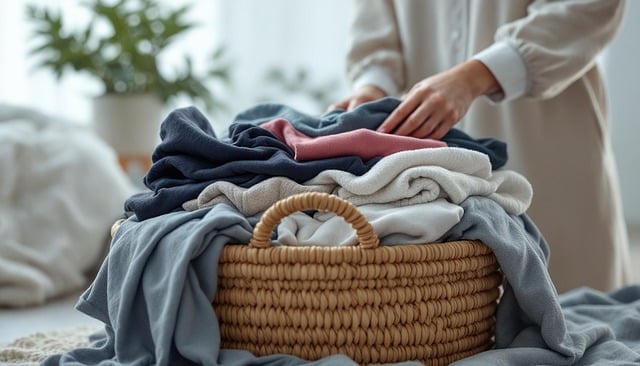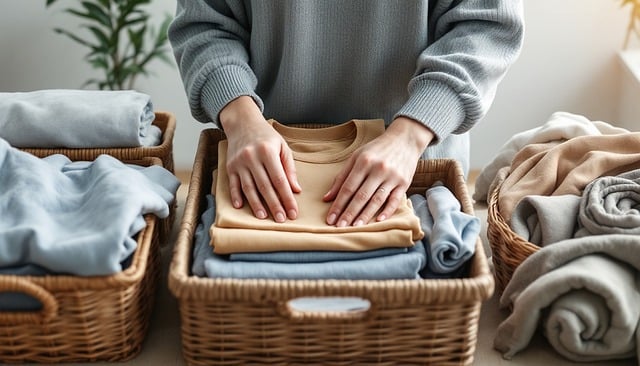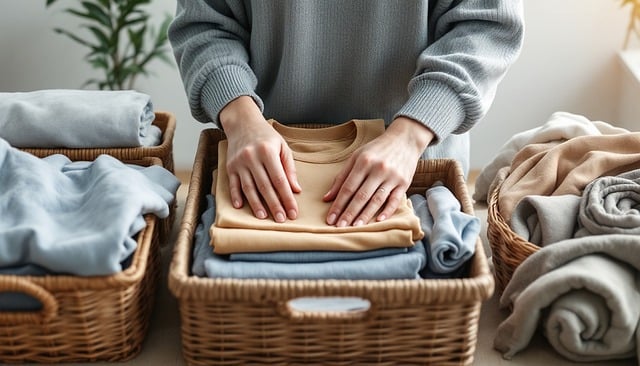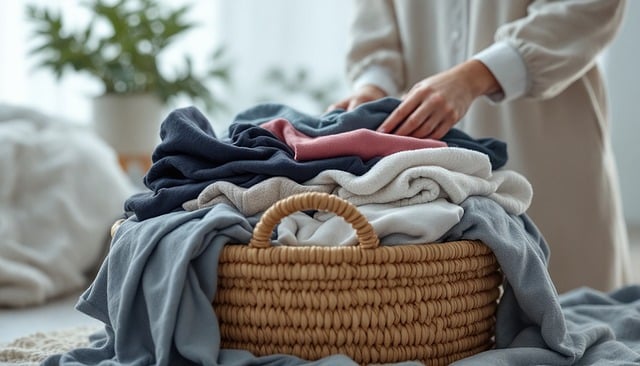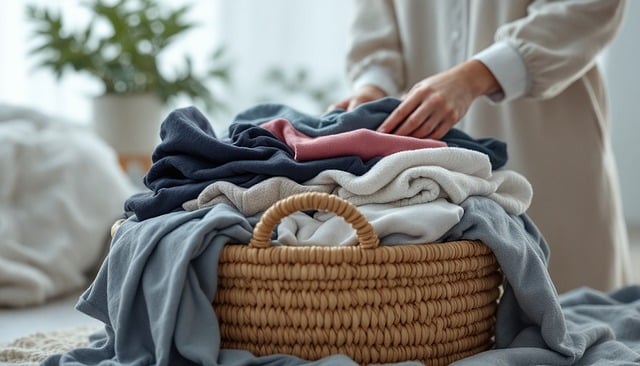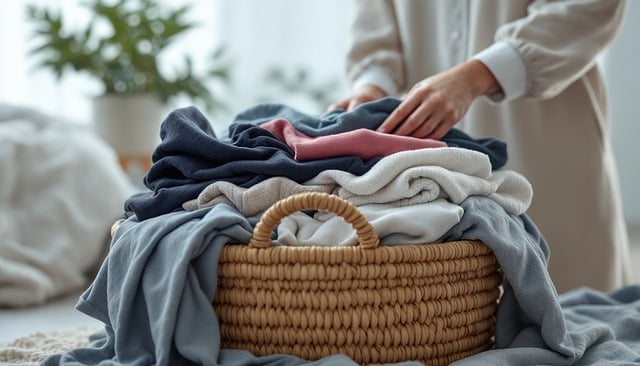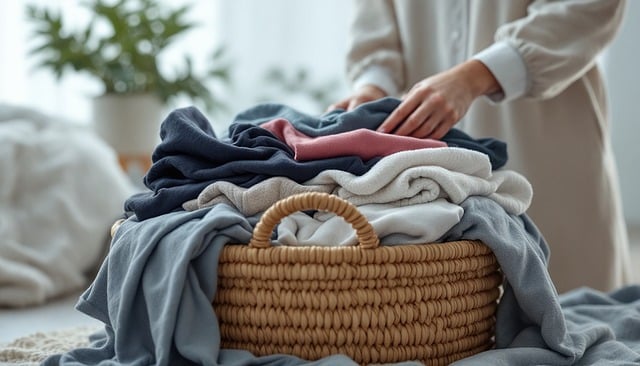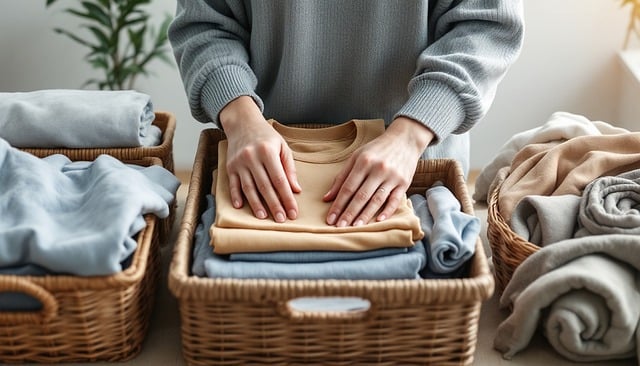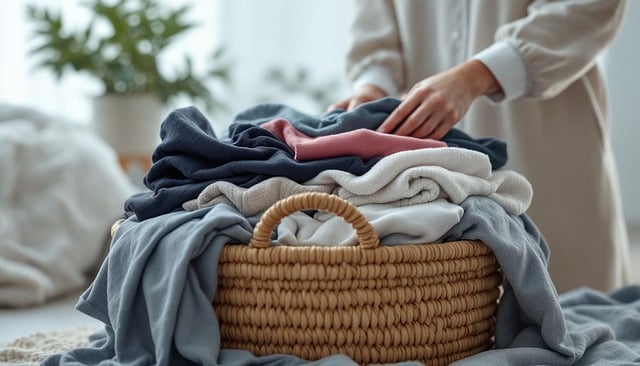Cluttered spaces reflect cluttered minds, impacting mental health and contributing to anxiety and de…….
Category: Home Organization and Decluttering
Home Organization and Decluttering: A Comprehensive Exploration
Introduction
Welcome to an in-depth exploration of the art and practice of home organization and decluttering. In today’s fast-paced world, where minimalism and mindfulness are gaining traction, the concept of streamlining one’s living space has become a transformative movement. This article aims to guide readers through the intricacies of this process, offering valuable insights, practical strategies, and global perspectives. By the end, you’ll understand why embracing order and letting go of clutter is not just an aesthetic choice but a powerful tool for enhancing quality of life and achieving a sense of calm amidst the chaos.
Understanding Home Organization and Decluttering
Definition: Home organization and decluttering involve systematically arranging and simplifying one’s living environment to create a peaceful, functional, and aesthetically pleasing space. It entails evaluating possessions, implementing storage solutions, and adopting practices that foster a clutter-free lifestyle.
Core Components:
- Assessment: Involves examining every item in your home to determine its purpose, value, and placement.
- Sorting: Deciding what to keep, donate, recycle, or discard based on criteria like frequency of use, emotional attachment, and functionality.
- Storage: Organizing items to maximize space utilization while ensuring easy accessibility. This includes choosing the right storage containers, labels, and systems tailored to your needs.
- Maintenance: Developing a routine for regular upkeep to prevent clutter from reappearing and to maintain the organized environment.
Historical Context: The roots of home organization can be traced back to ancient civilizations where storage and preservation of goods were essential for survival. However, modern decluttering practices emerged in the 20th century with the rise of minimalism and the work of authors like Marie Kondo, who popularized the concept of keeping only items that “spark joy.”
Significance: Decluttering offers numerous benefits, including improved mental clarity, reduced stress levels, increased productivity, enhanced home aesthetics, and a deeper connection to one’s surroundings. It empowers individuals to take control of their living spaces, simplifying daily routines and fostering a sense of calm in an often chaotic world.
Global Impact and Trends
International Influence: Home organization and decluttering have captivated people worldwide, leading to a global movement with diverse interpretations and approaches. From the minimalist aesthetic popular in Scandinavia to the more sentimental approach prevalent in some Asian cultures, every region brings its unique perspective.
Regional Trends:
- Asia: Known for its emphasis on minimalism and respect for tradition, countries like Japan and South Korea have embraced decluttering as a way to promote mental health and simplify daily life.
- Europe: European countries often blend traditional organization methods with modern design trends, focusing on aesthetics and functionality.
- North America: Influenced by the popularity of reality TV shows and self-help books, North Americans are increasingly adopting decluttering practices, prioritizing space optimization and efficient storage solutions.
- Latin America: Here, decluttering is often tied to cultural values of family and hospitality, with a focus on creating welcoming spaces for gatherings and celebrations.
Impact of Cultural Diversity: The global nature of this trend showcases the universality of the need for organized living while highlighting the rich diversity of approaches and mindsets. It encourages cross-cultural learning and adaptation, ensuring that decluttering remains relevant and meaningful across borders.
Economic Considerations
Market Dynamics: The home organization and decluttering industry has experienced significant growth, fueled by a demand for products and services that support streamlined living. This includes everything from storage solutions, organizing tools, and furniture to professional organization services and digital apps.
Investment Patterns: Investors have shown interest in companies offering innovative storage technologies, eco-friendly organizing products, and technology-driven decluttering platforms. The rise of e-commerce has also facilitated the global distribution of related goods, making specialized items more accessible.
Economic Impact: This trend contributes to economic growth by supporting various industries, from manufacturing and retail to services like home design, real estate, and interior decoration. Moreover, it can lead to cost savings for individuals who invest in organizational solutions, resulting in less impulse purchases and better use of space.
Technological Advancements
Digital Tools: Technology plays a pivotal role in modern decluttering practices. Mobile apps designed for inventory management, digital storage, and visual organization offer convenient ways to keep track of possessions. These tools allow users to photograph items, create digital catalogs, and even sell or donate items directly from the app.
Smart Home Solutions: The integration of smart home technology adds a layer of automation to organization. Smart shelves and cabinets can detect when items are running low, while voice-controlled assistants can help locate specific items within a storage system.
Virtual Reality (VR): VR is revolutionizing how people visualize their living spaces. It enables individuals to virtually rearrange furniture, try out different color schemes, and experience the benefits of decluttering before making physical changes. This technology offers a cost-effective way to explore design options and ensure user satisfaction.
Future Potential: As technology continues to evolve, we can expect advancements in AI-driven organization systems that learn user preferences and habits. Augmented reality (AR) applications may also allow individuals to visualize organizational changes in real time, enhancing the decision-making process.
Storage Solutions and Product Innovations
Flexible Storage Systems: Modular storage units that can be customized to fit various spaces and item types are gaining popularity. These systems offer versatility, allowing users to adapt them as their needs change.
Eco-Friendly Options: There is a growing demand for sustainable and eco-friendly storage solutions made from recycled or biodegradable materials. This trend reflects a global shift towards more responsible consumption and waste reduction.
Under-utilized Space Solutions: Creative use of vertical spaces, such as wall-mounted storage, loft conversions, and built-in benches with storage, maximizes available space in smaller homes.
Professional Organization Services
Benefits of Hiring Experts: Some individuals opt for professional organizers to tackle significant decluttering projects or to create customized organization systems tailored to their unique needs. These experts offer specialized knowledge, efficient strategies, and valuable insights into maximizing living space.
Specialized Services: Professionals may specialize in areas like home office organization, closet design, or transition support for downsizing or aging in place. They often provide personalized guidance, ensuring that organizational solutions are not only functional but also aligned with the client’s lifestyle and preferences.
Maintenance and Long-Term Success
Developing a Routine: Maintaining an organized space requires consistent effort. Establishing a regular routine for decluttering, cleaning, and putting items away is essential. Even short daily practices can make a significant difference over time.
Seasonal Adjustments: Seasonal changes can impact storage needs. For example, winter may require storing holiday decorations and summer might necessitate reconfiguring outdoor spaces. Adapting organizational systems to these shifts ensures continued efficiency.
Involving the Family: Teaching children the value of organization and decluttering early on fosters a sense of responsibility. Involving family members in the process can make it more engaging and ensure that organizational practices become part of a shared lifestyle.
Mental Health and Wellbeing
Stress Reduction: Decluttering has been shown to have positive effects on mental health, reducing stress, anxiety, and even symptoms of depression. A tidy living space contributes to a calmer mind by minimizing visual clutter and creating a peaceful atmosphere.
Mindfulness Practice: The act of sorting through possessions encourages mindfulness, allowing individuals to connect with their belongings and let go of items that no longer serve a purpose. This mindful practice promotes self-awareness and emotional detachment, fostering a healthier relationship with material possessions.
Social and Cultural Impact
Community Engagement: Decluttering has become a social activity, with neighborhood clean-up events, donation drives, and online communities sharing tips and experiences. These initiatives foster community spirit and create opportunities for connection.
Cultural Exchange: The global nature of this trend facilitates cultural exchange, as people share their unique organizational traditions and practices. It encourages open dialogue about personal spaces, privacy, and the role of material possessions in daily life.
Challenges and Misconceptions
Perceived Time Commitment: One of the main challenges is the misconception that decluttering is a daunting, time-consuming task. While it requires effort, breaking the process into manageable steps and setting realistic goals can make it more achievable.
Emotional Attachment: Letting go of items, especially sentimental ones, can be emotionally challenging. It’s essential to differentiate between emotional attachment and practical necessity, focusing on the benefits of a clutter-free life in the long term.
Overlooking Systemic Issues: Some individuals may approach decluttering as a solitary activity, ignoring larger societal and environmental factors contributing to consumption and waste. Recognizing these systemic issues and taking action to address them is crucial for sustainable change.
Tips for Effective Decluttering
-
Start Small: Break the task into manageable chunks, focusing on one room or category of items at a time. Start with easier areas to build momentum and confidence.
-
Set Clear Criteria: Establish guidelines for keeping, donating, recycling, or discarding items. Consider factors like frequency of use, emotional value, and practicality.
-
Visualize the End Result: Envisioning your desired space helps guide decisions during the sorting process. It ensures that each item you keep has a clear purpose within your organized home.
-
Involve Others: Collaborating with family or friends can make decluttering more enjoyable and efficient. Different perspectives may offer new insights into what to keep or let go of.
-
Donate or Recycle Responsibly: Ensure that items intended for donation or recycling are in good condition and will find new homes or productive uses. Consider local charities, thrift stores, or upcycling initiatives.
-
Create a Maintenance Plan: Develop a schedule for regular upkeep to prevent clutter from building up again. Even a few minutes each day can make a significant difference over time.
Conclusion
Decluttering and creating an organized living space is a personal journey that offers numerous benefits for mental health, productivity, and overall quality of life. By adopting practical strategies, embracing a mindful approach, and recognizing the social and cultural implications, individuals can transform their homes into peaceful retreats that reflect their unique personalities and lifestyles.
Mastering Home Organization: Personalized Decluttering Solutions
Understanding individual needs through family habit assessment and decluttering is key to personaliz…….
Organized Homes Foster Peaceful Minds Through Decluttering
Simplify your space for a calmer home. Declutter and organize each room using vertical storage, mult…….
Organized Homes: Key to Peaceful Minds & Minimalist Living
Cluttered homes reflect cluttered minds, leading to stress and overwhelm. Effective Home Organizatio…….
Unclutter Your Space: Expert Home Organization Strategies
Professional home organizers transform chaotic spaces into serene, functional environments by balanc…….
Professional Declutterers: Transforming Seniors’ Spaces for Wellbeing
In today's digital age, seniors face challenges managing cluttered living spaces. Professional…….
Unleash Organization: Personalized Home Decluttering Solutions
Personalized home organization solutions revolutionize space utilization and decluttering in today&#…….
Organized Homes Lead to Peaceful Minds: Declutter for Calm
Cluttered homes reflect chaotic minds, hindering clarity and peace. Home organization and declutteri…….
Streamline Your Home: Simplify, Organize, Declutter Each Room
Evaluating room purpose and keeping only essential items is key to Home Organization and Declutterin…….
Unclutter Your Space, Unleash Emotional Freedom Through Home Organization
Home Organization and Decluttering significantly enhance mental clarity and emotional freedom by red…….
